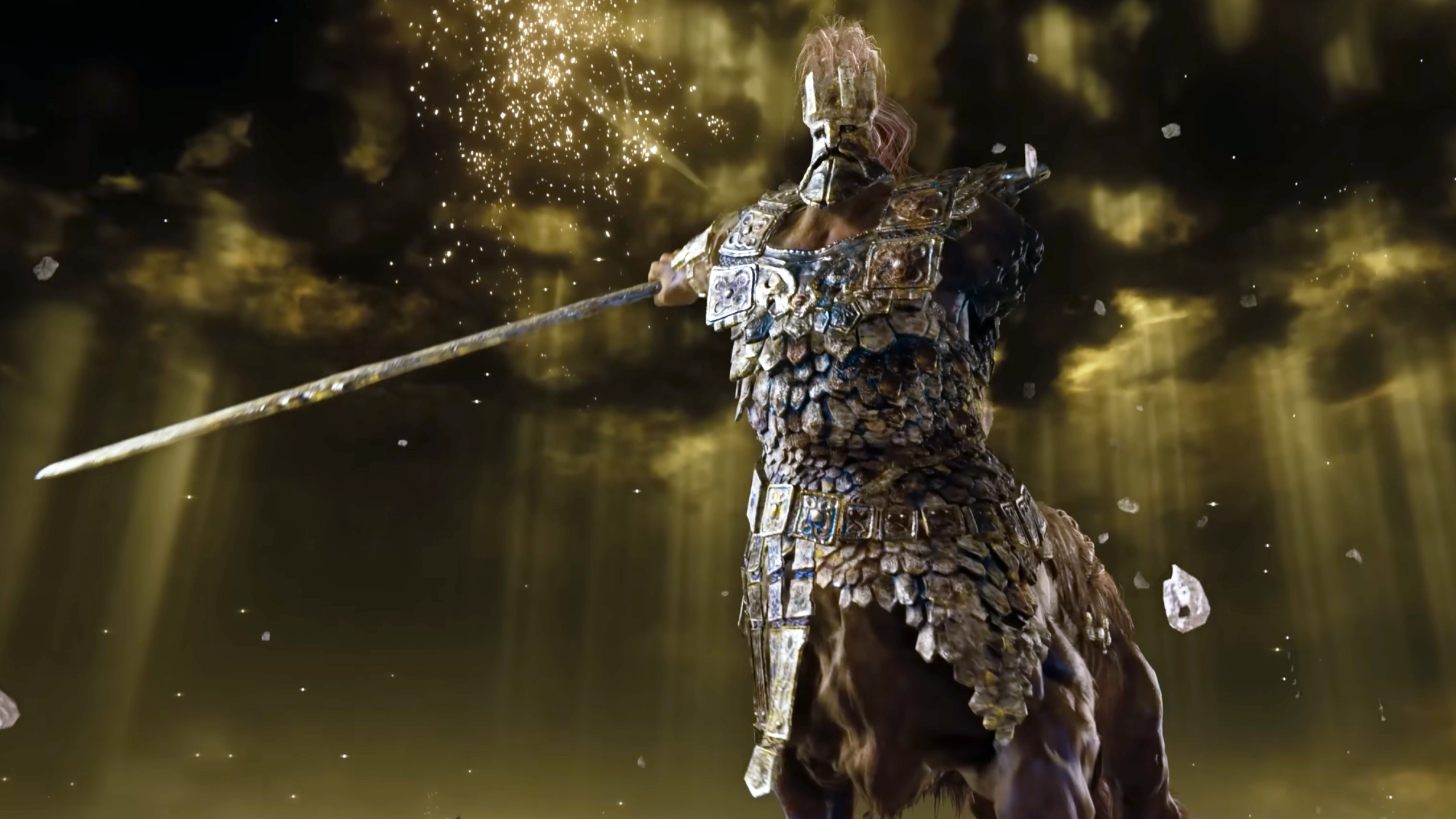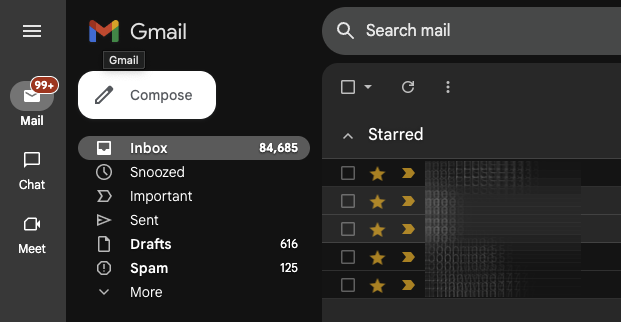
Even as a big fan of tactics games, I missed out on 1999’s Jagged Alliance 2, which is often talked about as a high point in the genre. So going into Jagged Alliance 3, the upcoming sequel landing almost a quarter century later, I wasn’t too sure what to expect. What I found in the first several hours, though, is a rewarding, squad-based battlefield with tense resource management – and deliberately schlocky throwback humor that sometimes clashes with the tone of the gritty, grounded conflict that serves as its backdrop.
The mission starts off pretty simple. You’re the leader of a mercenary unit hired to drop into a hot zone in a fictionalized African country where the sitting government is in conflict with a paramilitary led by a mysterious figure known as ‘The Major.’ You’ll assemble your team from a list of dozens of pre-made guns for hire with various specializations, from medics to mechanics to sharpshooters. Some of them even know each other and have strong opinions on their fellow mercs. In one case, Fox here wouldn’t even join my team because she didn’t want to work with Bobby “Steroid” Gontarski. And I don’t entirely blame her.
This is where some of that tonal whiplash comes in. The cast of hireable mercs seem to draw from cheeseball 80’s action movies, with “Steroid” being a fairly extreme example. He’s cartoonishly violent and arrogant, like a dollar-store Duke Nukem, and even has a special ability that’s basically a superhero punch. You know, if the fact that his codename is “Steroid” didn’t already tell you everything you need to know. And that, by itself, wouldn’t exactly bug me, except that it’s in stark contrast to the much more realistic tone of the campaign, which has the character of a complex civil war ripped from the headlines. It seems like Jagged Alliance 3 wants to be a goofy popcorn blockbuster and a somewhat nuanced tale of realistic conflict, and those don’t always play well together.
He’s cartoonishly violent and arrogant, like a dollar-store Duke Nukem.
The humor doesn’t always land, either. If you don’t want to hire one of the pre-made mercs, there’s an option to take a personality quiz and generate a custom one based on your answers. And the survey is full of the cringiest, early 2000s Angelfire fan site answers ever. Maybe that’s exactly what they were going for. But again, it’s a bit hard to tell when other parts of Jagged Alliance 3 take themselves much more seriously.
Modern Warfare
None of that matters so much when the lead starts flying, though, because the deep, tactical combat is well-made and fun as hell. Approaching any enemy installation is an open-ended challenge with tons of possibilities. You can use stealth to take out half of the opposition with silenced weapons at point-blank range before the rest even know what’s going on. You can go in guns blazing. You can even set up traps using choke points and overwatch.
Each merc has three stances to switch between, with standing granting the most movement, prone protecting you from enemy fire if you find yourself in a bad spot, and crouching being a good balance between the two. You can spend extra action points to aim if you really need to make a difficult shot. Flanking, suppression, and drawing fire are all great ways to gain an edge, which makes big firefights feel dangerous and authentic.
There are several ways to tweak the experience based on how punishing and gritty you like your tactics games, too. “Forgiving Mode” makes it easier to recover from a bad mission, while settings like “Dead is Dead” and “Lethal Weapons” make every mistake far more costly, as you can’t save in the middle of combat and downed mercs can’t be rescued by emergency first aid. Even on the standard settings, I found that I had to be pretty careful with my squad, as accumulating injuries eventually catches up to you on the campaign map.
World Tour
Jagged Alliance 3 is set in Grand Chien (which I believe means “Big Dog”), a former French colony in West Africa with hundreds of discrete sectors to explore. Villages can serve as strong points, particularly if you do enough side quests for the inhabitants to increase their loyalty. Ports let you move around quickly by water. Capturing diamond mines will be your main source of income, allowing you to hire and equip more squads. And enemy bases will send out their own squads to take back sectors you’ve captured, until you assault them and end their threat for good.
Aside from money, which you’ll need to regularly spend to renew contracts with your squad members, machine parts and medicine are the two main resources to balance. The former is required to keep your gear in working order, as it will degrade even with regular use. The latter removes injuries from your squad. They can heal on their own, but this can take a very long time, and injured mercs are at greater risk every battle as they have reduced max hp. Even when I thought I was doing a pretty good job, I ended up running out of medical supplies, realizing too late that I needed to be more careful about allowing my team to take so many grazing hits to get the mission done.
It’s not entirely clear that your presence here as a bunch of foreign loose cannons is a good thing – especially from the perspective of the locals.
Another interesting consideration on the campaign map is the ability to train militias in friendly villages to defend them while you’re gone. It’s nice to not have to babysit every settlement you’ve liberated, but I found that it’s paradoxically far better to leave them to their own devices and use the auto-resolve battle option if they do get attacked. The one time I tried to participate directly in a settlement defense to help my militia buddies, it was an absolute comedy of errors. They played extremely passively, hiding in buildings and taking ridiculously long shots with less than a 5% chance to hit on almost every turn, rather than moving up into their weapons’ effective range. More than half of them got killed and my squad mostly had to win the battle on their own. It’s the one time Jagged Alliance 3’s tactical combat really let me down.
Front Lines
I’ve only seen a bit of the story at this point, but it seems fairly interesting so far. With the president of Grand Chien kidnapped, the country is left in a state of conflict and uncertainty, which plays out in some interesting ways. In the first village you liberate, you meet the uncle of the local bad guy garrison, and he implores you to try and reason with him rather than just gun him down. It’s not entirely clear that your presence here as a bunch of foreign loose cannons is a good thing – especially from the perspective of the locals. And there are even suggestions that the overall conflict might not be a simple “Good guys vs Bad guys” affair in the end. I’m very curious to see where it goes.
Overall, I’m quite intrigued and impressed with what I’ve seen of Jagged Alliance 3 so far. While I can’t really say how faithful of a sequel it is, as someone who adores these kinds of games, I had a great time with the tactical richness and open-ended problem solving in every engagement. At least when my NPC allies weren’t being totally useless.






